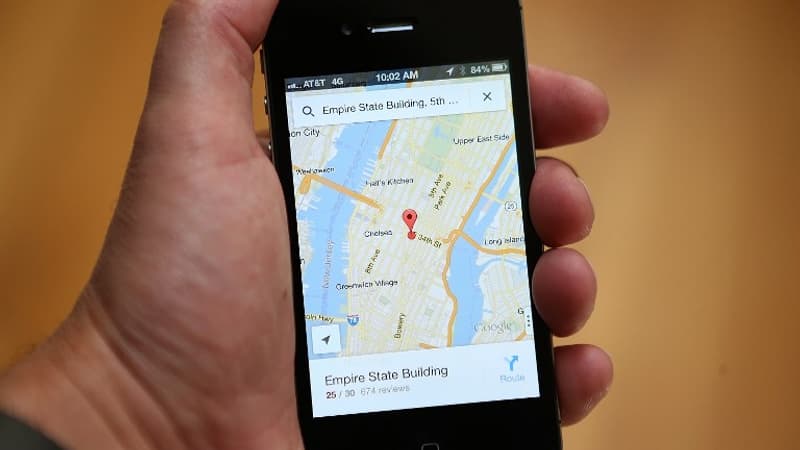In Mexico, returning alone can unfortunately often turn tragic. With 1,004 women murdered, 2021 was the worst year since 2015 when the femicide rate reached its all-time high in the country. Faced with the problem of insecurity in the country, the groups Facebook Y WhatsApp have multiplied on student campuses.
Most were born on university campuses, assures the Rest of the World media. Thus, a young woman who shares her position is virtually followed by other members of the group, volunteers, throughout her journey. Mexican students call it “communities of self-control.” Before joining a group and to ensure its proper functioning, you must give your student number to the group administrator so that she can consult the university directory.
While volunteers have limited means of action in the event of an incident, sharing their position is a preventive measure that can provide crucial information if legal proceedings or investigations are opened. Other very open groups are accessible to large numbers of people, but this often discourages young women from sharing their geolocation.
Elise is a French woman who spent a semester in Mexico as part of her business studies. She was on the Guadalajara campus. “With my friends, we always went home as a group. If that’s not possible, we make sure everyone gets home safe and sound by communicating on social media. Exactly like when I’m finally in Paris,” she testifies.
The same reflections in France
Facebook groups of the same kind have also sprung up in France, such as the “Rentrer safe de soire Rouen” group. The private group “Return safely to Strasbourg” was created in November 2019.
Different groups can be accessed depending on the areas of the city and the user’s place of residence. After applying for membership, the person can publish a publication specifying the date and place of departure and arrival, and the route by which they wish to be accompanied. The group members then offer to help.
Private conversations with loved ones you know are a safer way to ensure their safety. When she comes home at night, Chloé shares her location with a friend using Messenger’s “share my location” feature. “In 2019, in Lille, I was attacked when she was coming home at night. Since then, I always make sure to go with friends or share my position. If I feel in danger, I adopt the technique that many girls already do: to be on the phone throughout the trip with someone I trust.”
For her part, Marie, who lives in Nantes, has a WhatsApp group with the friends she usually goes out with. They always make sure that someone makes sure everyone gets home safely after a night out and has access to their location on Google Maps. “A kind of SAM on WhatsApp”, she likes to describe.
In fact, everyday apps can be used to share your position to ensure your safety. And that, Google Maps has understood. The app added a new feature last July with a location sharing notification system that notifies you when someone has arrived or left a location. Provided that the interested party already transmits his position.
The data question
Regarding data sharing, Google mentions on its site that “notifications can only be set for a person who has already chosen to share their position with you (…) the person who shared with you will receive various reminders to let them know, including an instant notification in the Maps app and an email, as well as recurring monthly emails. The tracked user can turn off location sharing at any time or block the person tracking them.
A TechSchielder study, published on October 6, on the data collected by applications points to Facebook as the worst student. This also refers to the location of the users. At the end of 2019, in front of two US senators, Facebook admitted that it could determine the location of its users at any time, whether or not the geolocation function was activated. This data is collected for “security reasons and for advertising purposes,” justified the social network.
Source: BFM TV


